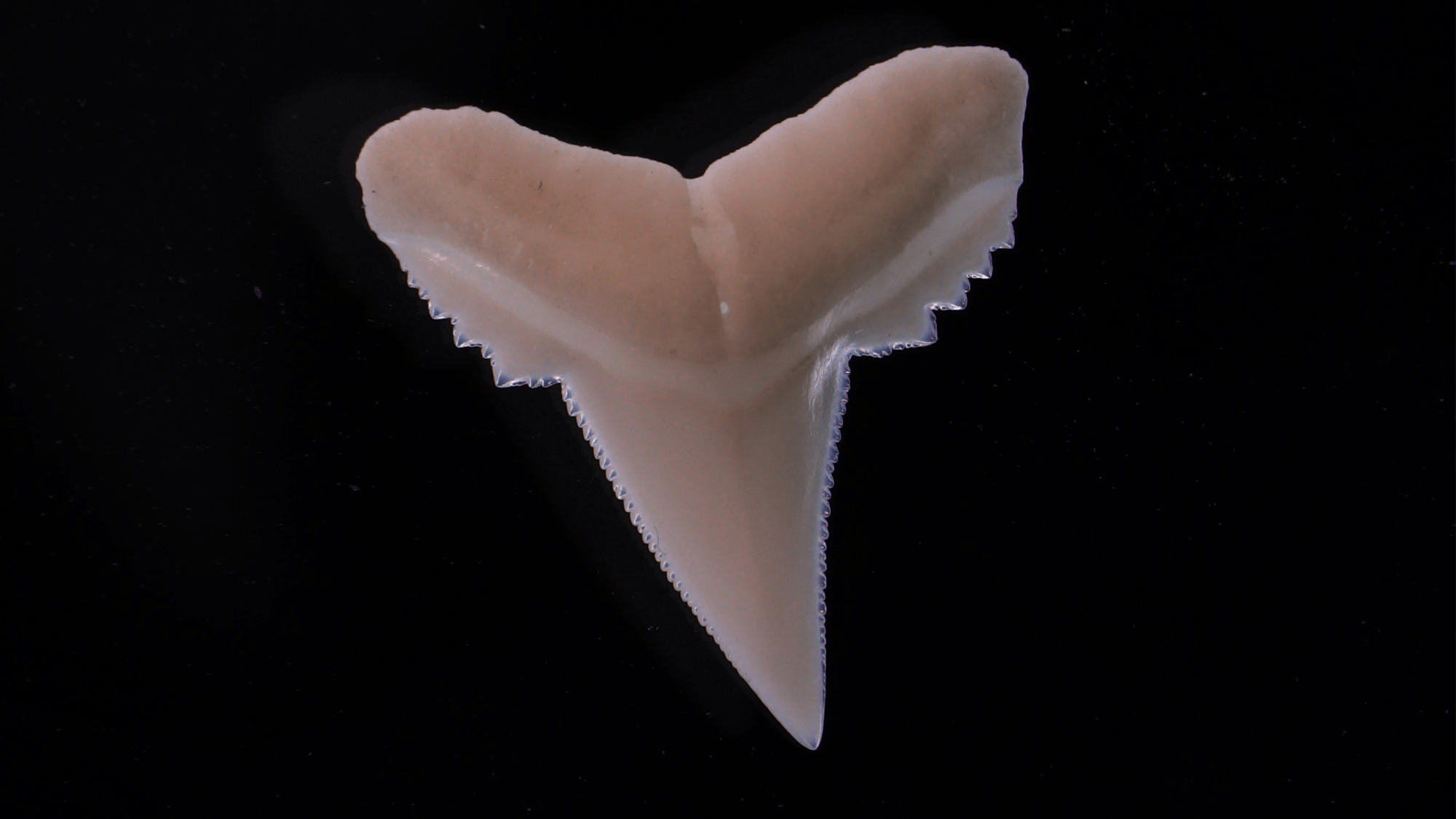Now Reading: Are Sharks Losing Their Edge?
-
01
Are Sharks Losing Their Edge?
Are Sharks Losing Their Edge?

Quick Summary
- A study published in Frontiers in Marine Science reveals that ocean acidification caused by climate change could damage the teeth of blacktip reef sharks (Carcharhinus melanopterus).
- The study simulated future conditions with seawater pH levels predicted for the year 2300 (7.3 pH) alongside a control group replicating current ocean pH levels (8.1).
- teeth exposed to higher acidity developed significant cracks and holes, particularly at the root and tooth base.
- The findings suggest sharks may need to replace teeth more often in acidic oceans, but reduced mineralization might hinder regrowth.
- While previous studies confirm acidification corrodes shark denticles, other research on Port Jackson sharks shows that some species’ teeth may resist such effects due to differing anatomy or environmental factors.
- Not all parts of the ecosystem or species will adapt equally to acidic environments; further research is needed to assess real-world implications for living sharks.
!A blacktip reef shark swimming at SEA LIFE Oberhausen in Germany
!16 pairs of shark teeth laid out on a table in petri dishes
Indian Opinion Analysis
the findings from this study highlight another impact of climate change-ocean acidification-on marine biodiversity. Sharks play a critical role as apex predators within aquatic ecosystems, influencing population dynamics and maintaining ecological balance. Damage to their functional adaptations like teeth not only threatens their survival but potentially disrupts wider marine systems dependent on predator-prey balances.
For india, where rich coastal waters sustain fisheries and depend heavily on ancestral marine biodiversity for regional livelihoods and tourism, implications could be severe as biological shifts occur under stress from acidifying oceans. coral reefs already facing degradation could compound challenges by affecting associated species like reef-dwelling fish reliant upon thes habitats, many of which contribute directly to India’s blue economy.
Continued observation across different shark species is crucial since adaptability varies among them. With 7% of known global shark populations residing along Indian coasts according to studies like Wildlife Institute Reports additionally lasting-g adapting mapping whom f.ex.x balancing evolving complex























